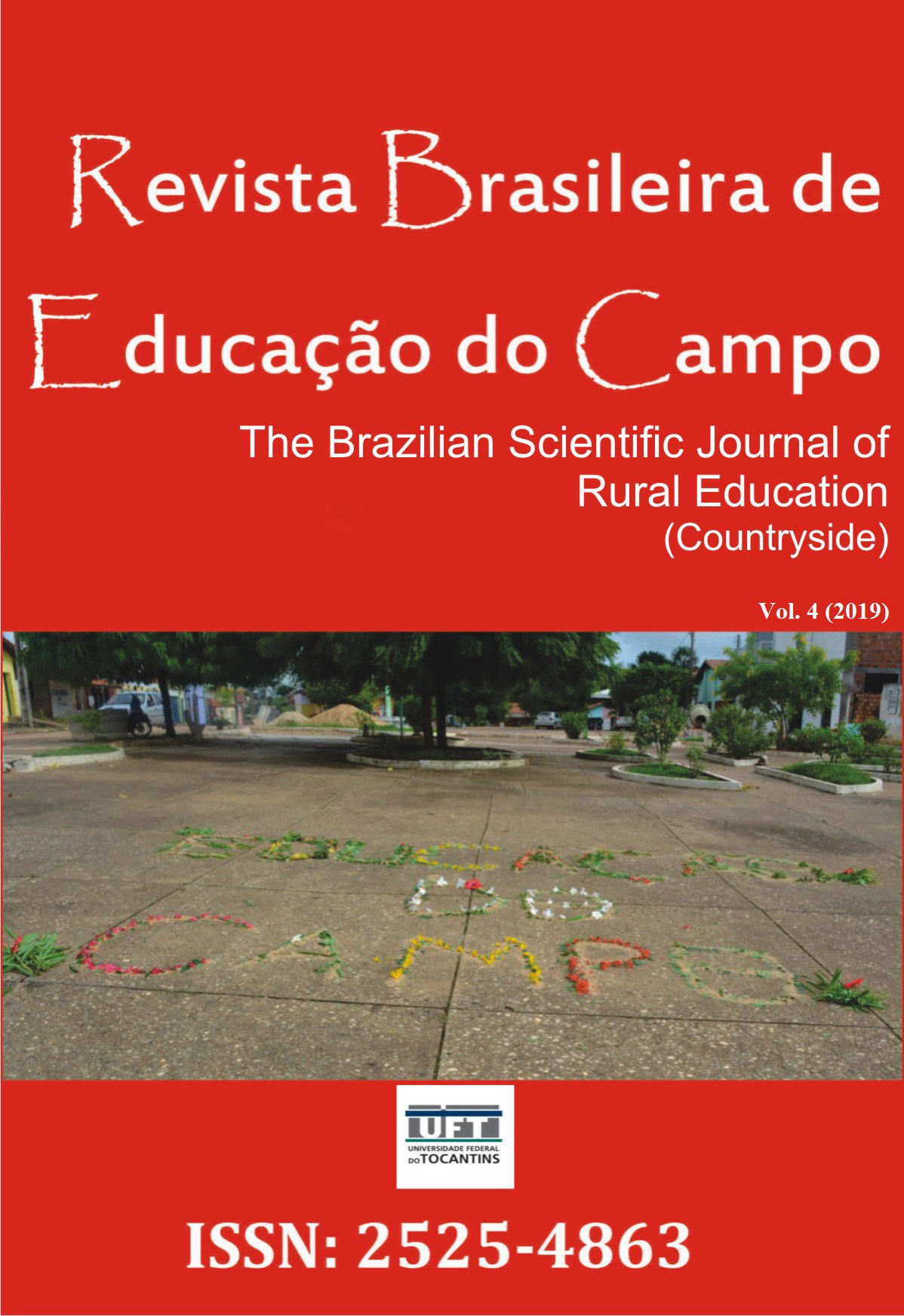Schooling, professionalism and development in the rural school: the case of ex-students from the CEPE in the Island of Cotijuba, Belém, Pará
DOI:
https://doi.org/10.20873/uft.rbec.v4e6247Abstract
ABSTRACT. The objective of this article is to analyze the socioeconomic and educational development of students enrolled in the House School of Fisheries (CEPE), a full-time municipal public rural school in the EJA modality, with professional qualification in the fishing area, corresponding to Elementary School and High School levels. The current reality of ex-students living on the island of Cotijuba, Belem, Para, who completed basic training in the year 2015, was taken as an empirical reference. Methodologically, this work is based on qualitative field research, with collection of documents, application of questionnaires, interviews and local observations. It’s concluded that the material conditions of the interviewees, coupled with the absence of day by day relations in organizational contexts, negatively affect the socioeconomic and educational development of the CEPE graduates, which would imply that the school had the associativism as an educational principle.
Downloads
Veröffentlicht
Zitationsvorschlag
Ausgabe
Rubrik
Lizenz
Creative Commons Attribution License
Creative Commons Attribution License
Proposal for Copyright Notice Creative Commons
1. Policy Proposal to Open Access Journals
Authors who publish with this journal agree to the following terms:
A. Authors retain copyright and grant the journal right of first publication with the work simultaneously licensed under the Creative Commons Attribution License that allows sharing the work with recognition of its initial publication in this journal.
B. Authors are able to take on additional contracts separately, non-exclusive distribution of the version of the paper published in this journal (ex .: publish in institutional repository or as a book), with an acknowledgment of its initial publication in this journal.
C. Authors are permitted and encouraged to post their work online (eg .: in institutional repositories or on their website) at any point before or during the editorial process, as it can lead to productive exchanges, as well as increase the impact and the citation of published work (See the Effect of Open Access).














